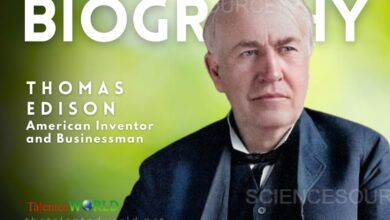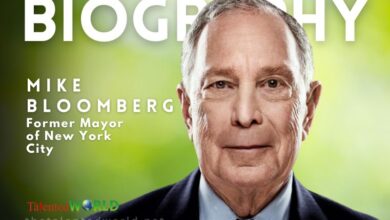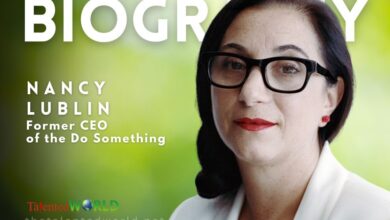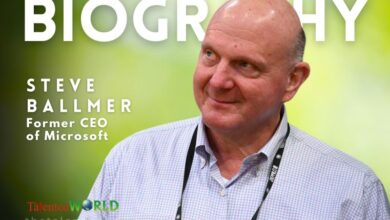
Quick Facts
| Fact | Details |
|---|---|
| Full Name | Sir Li Ka-shing GBM KBE JP |
| Chinese Name | Traditional: 李嘉誠; Simplified: 李嘉诚 |
| Date of Birth | July 29, 1928 |
| Place of Birth | Chao’an, Chaozhou, Guangdong, China |
| Age | 95 (as of 2023) |
| Citizenship | Hong Kong, Canada |
| Occupation | Chairman of Li Ka Shing Foundation |
| Former Positions | Senior advisor for CK Hutchison Holdings and CK Asset Holdings |
| Spouse | Chong Yuet-ming (m. 1962; died 1990) |
| Children | Victor Li Tzar-kuoi, Richard Li Tzar-kai |
| Net Worth | $37.7 billion (as of July 2023) |
| Business Ventures | Founder of Cheung Kong Holdings, which expanded into CK Hutchison Holdings and CK Asset Holdings |
| Major Industries | Transportation, real estate, financial services, retail, energy, and utilities |
| Early Life | Fled to Hong Kong in 1940 as refugees from the Sino-Japanese war; their father died of tuberculosis, started working at age 15 |
| Key Business Milestones | Founded Cheung Kong Industries in 1950, listed on the Hong Kong Stock Exchange in 1972, acquired Hutchison Whampoa (1979) and Hongkong Electric Holdings (1985) |
| Awards and Honors | Malcolm S. Forbes Lifetime Achievement Award (2006) |
| Lifestyle | Known for a frugal lifestyle; wears simple black dress shoes and an inexpensive Seiko wristwatch |
| Residence | Lived in Deep Water Bay, one of the most expensive districts in Hong Kong |
| Philanthropy | Donated billions to charity; owns the second-largest private foundation in the world after Bill & Melinda Gates Foundation |
| Philanthropic Recognition | Listed among most generous philanthropists outside of the US by Forbes in 2019 |
Li Ka Shing Net Worth
Li Ka Shing net worth is approximately 38.1 billion USD.





